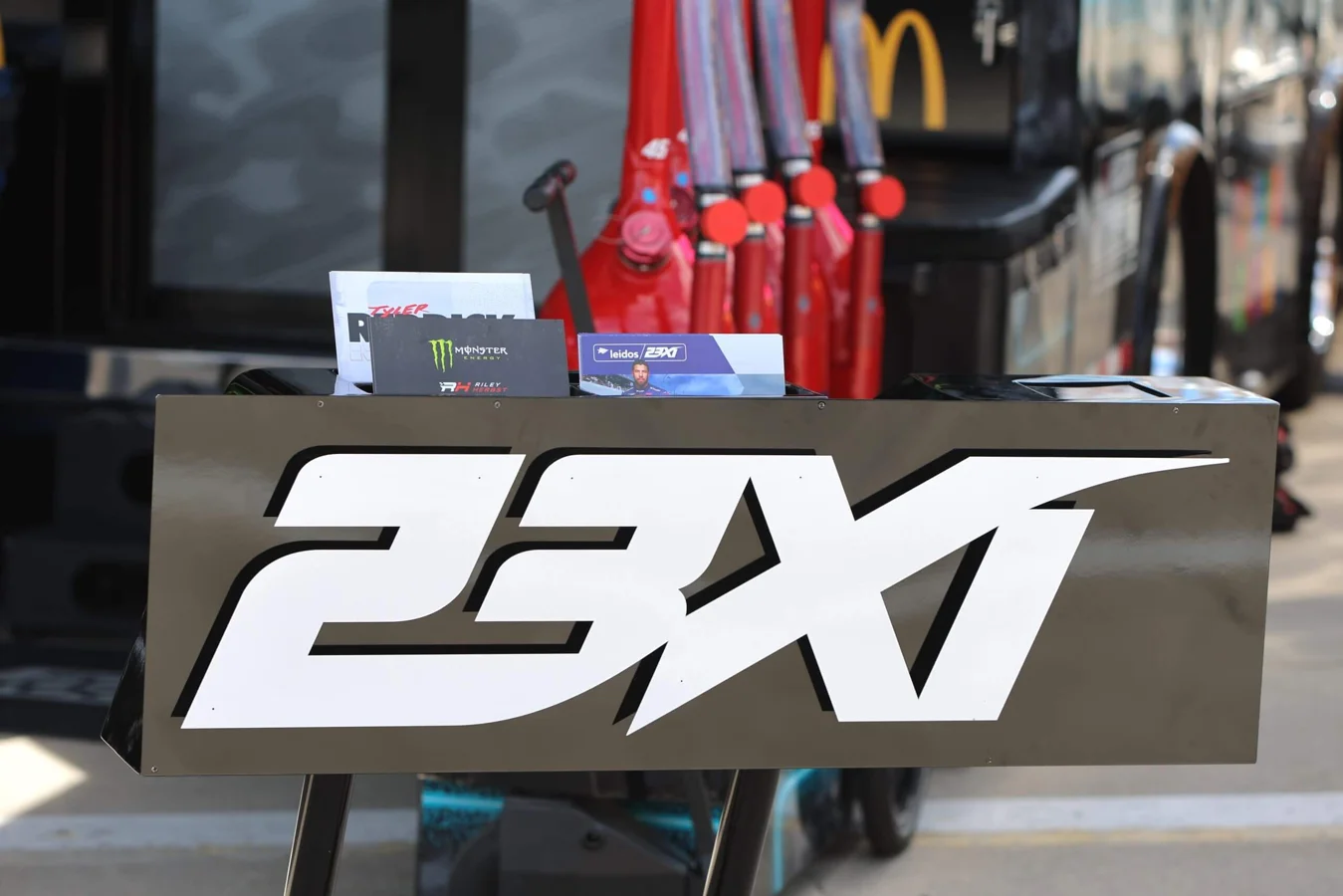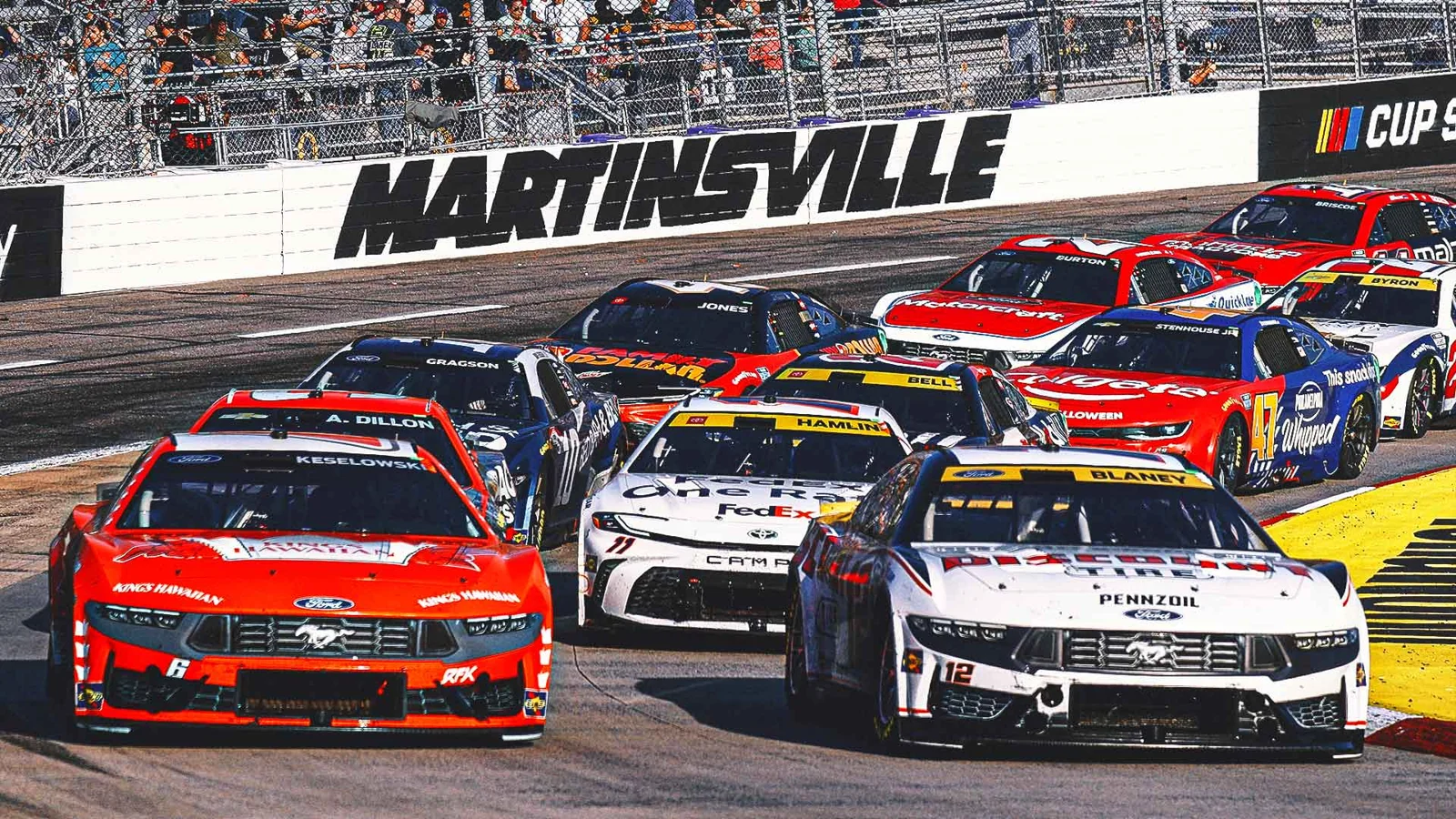The 23XI Racing antitrust lawsuit against NASCAR edges closer to trial, with attorneys from both sides agreeing to ground rules aimed at ensuring a focused and factual process. In a case set for December 1, 2025, in Charlotte, North Carolina, 23XI Racing and Front Row Motorsports prepare to challenge NASCAR over what they allege are monopolistic business practices that have shaped the sport’s landscape.
Agreements Established to Curb Personal Attacks in Court
To maintain a professional environment, lawyers representing NASCAR, 23XI Racing, and Front Row Motorsports have jointly filed a list of conduct stipulations on October 27. These measures are designed to prevent distractions or personal hostilities as the courtroom clash approaches. Among the key restrictions is a prohibition on personal attacks between attorneys, as well as any reference to previous legal opposition between them or mention of Brian France’s 2018 resignation from NASCAR, which had followed a DUI and drug possession incident in New York.
According to the official court filing, counsel for the involved organizations collectively agreed:
“Not to make personal attacks against each other. Not to discuss or refer to cases where they opposed one another. Not to discuss reasons behind Brian France’s departure from NASCAR.”
– Court Document
Such rules indicate a mutual understanding that the real conflict centers on the details of the NASCAR charter system, rather than any historical or personal disputes among the attorneys. Veteran motorsports reporter Bob Pockrass first covered this development, emphasizing the commitment to keeping the process on track amid tensions.

Charter System at the Heart of the Dispute
The lawsuit was filed in 2024 by 23XI Racing, owned by Michael Jordan and Denny Hamlin, together with Front Row Motorsports, marking perhaps the most severe legal challenge to NASCAR’s structural model. These plaintiffs accuse NASCAR of leveraging monopoly power over teams, distorting revenue shares and controlling business autonomy. The conflict over the charter system, implemented by NASCAR in 2016, lies at its core.
Through this system, 36 of 40 race spots are permanently guaranteed to teams that hold charters, offering them larger shares of sport-generated income while making it significantly harder for newer or smaller teams to secure fair compensation. The teams argue that this framework undermines a competitive spirit and stifles upward mobility for less-resourced organizations.
“Instead of treating the racing teams as valued business partners, NASCAR has exploited its monopoly power to deprive them of a fair opportunity to make a reasonable return on their substantial investments, 23XI Racing and Front Row Motorsports argued.”
– 23XI Racing & Front Row Motorsports, Plaintiffs
From the plaintiff’s point of view, the system has trapped organizations in unfavorable contracts and excluded them from meaningful input in financial decisions. Their refusal to sign new long-term charter contracts last year reflects concerns about being locked into restrictive and inequitable terms.
Seeking a significant judgment—potentially worth hundreds of millions of dollars—23XI Racing and Front Row Motorsports allege that NASCAR’s practices contravene U.S. antitrust laws, demanding financial redress and, potentially, systemic changes.
NASCAR’s Leadership Stands Firm Under Pressure
NASCAR, still steered by the France family, maintains that the charter system has provided essential stability, generating over $1.5 billion in team equity since it began and restoring much-needed predictability after turbulent years. Yet, the insistence in court proceedings on avoiding any discussion of Brian France’s resignation highlights the ongoing sensitivity within the organization after his high-profile exit linked to an oxycodone possession arrest.
The stakes for the sport are significant. A legal win for 23XI Racing and Front Row Motorsports could transform how team revenues are shared in the Cup Series, possibly upending long-established business practices. Such an outcome might grant teams more independence and influence, breaking the grip of the current leadership model.
Conversely, if NASCAR prevails, its current financial and governance structure would not only remain intact but also gain legal validation, strengthening the organization’s authority over teams and their share of profits, despite mounting frustration and calls for reform from team owners and investors like Michael Jordan and figures such as Denny Hamlin.
With both sides preparing for a complex and emotionally charged legal contest, the result of the 23XI Racing antitrust lawsuit is set to have a lasting impact on the future relationship between the racing teams and NASCAR, as well as the very foundation of stock car racing in the U.S.
According to filing today, NASCAR, 23XI & FRM attorneys have agreed to at trial:
-Not to make personal attacks against each other.
-Not to discuss or refer to cases where they opposed one another.
-Not to discuss reasons behind Brian France departure from NASCAR.— Bob Pockrass (@bobpockrass) October 27, 2025
